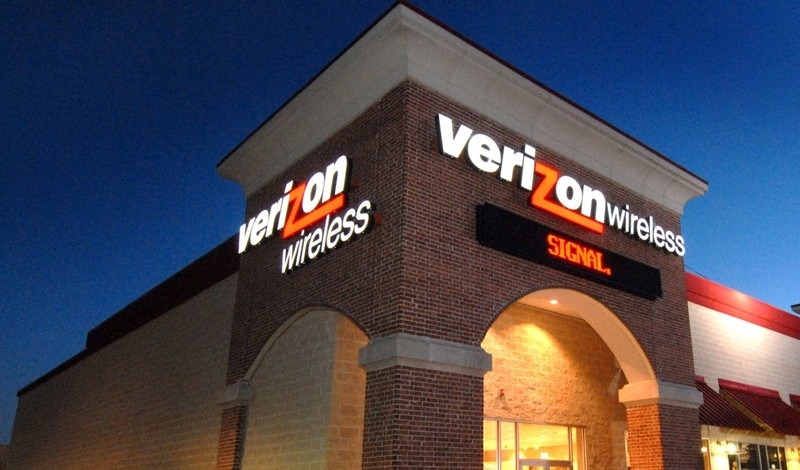
Verizon has updated its privacy policy to state that it now shares users’ unique information gathered by its ‘supercookie’ identifier, such as cellphone use and browsing habits, with the AOL Advertising Network in order to send out ads that are more personalized and targeted to a specific audience.
The update means that AOL’s ad network, which is on 40 percent of websites, will be able to target ads at visitors using information from Verizon’s database as well as its own. Verizon’s privacy notice states that the targeting criteria includes visitors’ address, email address, age range, gender, interests, location, mobile web browsing history and app usage. It can also track some non-mobile web browsing to sites carrying AOL ads.
"These programs use online and device identifiers known as ‘Unique Identifier Header.’ We will use these identifiers to help make our advertising programs better by, for example: linking advertising program information between Verizon and AOLs; connecting web and app browsing activity; and helping to distinguish the user's various devices," explains Verizon on its site.
Not only does this tracking method require users to opt out if they want no part of it, but it also sends information unencrypted, meaning that it can be easily intercepted by outside sources.
Verizon, which bought AOL earlier this year, claimed it will share the identifier with “a very limited number of other partners and they will only be able to use it for Verizon and AOL purposes,” said Karen Zacharia, chief privacy officer at Verizon.
Users are able opt out of Verizon’s Unique Identifier Header system, which is enabled by default, by logging into their accounts or contacting the company directly. Verizon warned users that clearing cookies or browsing histories on their devices is not an effective way to remove themselves from the advertising programs.
https://www.techspot.com/news/62354-verizon-use-mobile-supercookies-share-users-browsing-habits.html